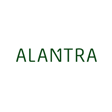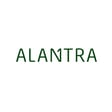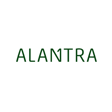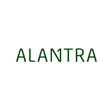Become a Creator today!Start creating today - Share your story with the world!
Start for free
00:00:00
00:00:01

Redefining the PBM industry, A Conversation with AJ Loiacono, CEO at Capital Rx
AJ joins Frederic Laurier and Pierre-Alain Rikkers at Alantra to discuss the lack of transparency and complexity in drug pricing and the oligopolistic PBM industry structure, perpetuating a convoluted reimbursement system. He argues that PBMs exploit the system’s opacity for profit through “casino economics,“ with practices like spread pricing and clawbacks that financially penalize pharmacies, creating inefficiencies and inequities.



